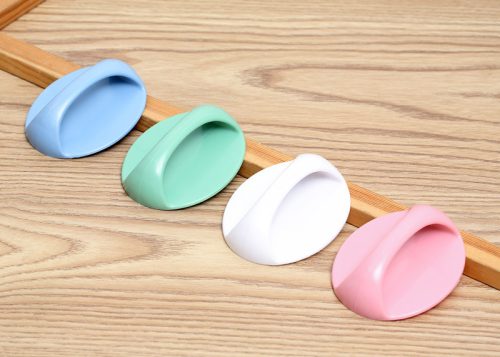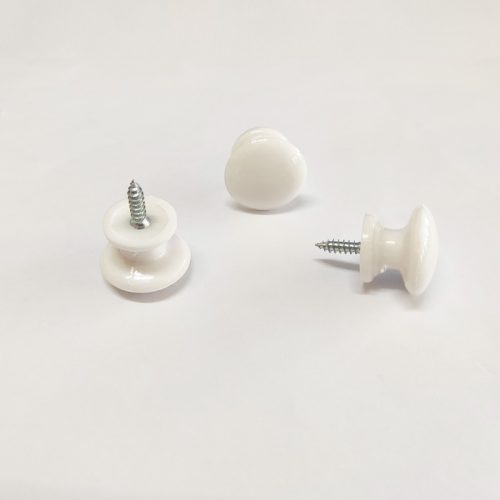Plastic handles offer a modern and versatile approach to tool grips, providing a wide range of benefits in terms of design, ergonomics, durability, and customization. Here’s how plastic handles represent a modern approach to tool grips:
- Ergonomic Design: Plastic handles can be molded into ergonomic shapes that fit comfortably in the hand. They can feature contours, curves, and textured surfaces that match the natural grip of the hand, reducing strain and fatigue during prolonged use.
- Customization: Plastic handles can be molded into various shapes and sizes, allowing for customization based on the specific tool and user preferences. This flexibility enables manufacturers to create handles tailored to different applications.
- Weight and Balance: Plastic handles can be designed with varying thicknesses and hollow sections to achieve optimal weight distribution and balance. This results in tools that are easier to maneuver and control.
- Grip Enhancement: Plastic handles can be textured or coated with non-slip materials to improve grip, even in wet or oily conditions. This enhances safety and minimizes the risk of accidents.
- Vibrational Dampening: Plastic handles can incorporate features that absorb and dampen vibrations generated during tool operation. This reduces hand fatigue and provides a more comfortable user experience.
- Material Innovation: Advances in plastic materials have led to the development of specialized compounds with enhanced properties. Manufacturers can choose materials that offer excellent strength, impact resistance, chemical resistance, and UV stability.
- Durability: High-quality plastics are engineered to withstand challenging environments, including exposure to chemicals, weather, and mechanical stress. This durability ensures a longer tool lifespan and reduced maintenance.
- Aesthetic Appeal: Plastic handles can be molded into sleek and modern designs that contribute to the overall aesthetic of the tool. Color options, surface finishes, and branding elements can be incorporated to create visually appealing tools.
- Cost-Effectiveness: Plastic handles can be manufactured at a lower cost compared to certain alternative materials, making them an economical choice without compromising on performance.
- Incorporation of Features: Plastic handles can seamlessly integrate additional features such as storage compartments, tool extensions, or even electronic components for enhanced functionality.
- Ease of Cleaning: Many plastic materials are easy to clean, which is particularly important in industries where tools come into contact with dirt, grime, or chemicals.
- Sustainability: Some plastic materials are designed with sustainability in mind, incorporating recycled content or being fully recyclable themselves.
- Production Efficiency: Injection molding, a common method for producing plastic handles, offers high efficiency in terms of manufacturing speed and scalability.
- User Feedback Integration: Manufacturers can collect user feedback on existing plastic handle designs and use this information to iterate and improve future designs.
Plastic handles have revolutionized the way tools are designed and used, offering a balance between ergonomics, functionality, and aesthetics. By capitalizing on the benefits of plastic materials and leveraging modern manufacturing techniques, manufacturers can create tool handles that meet the diverse needs of users across various industries.


